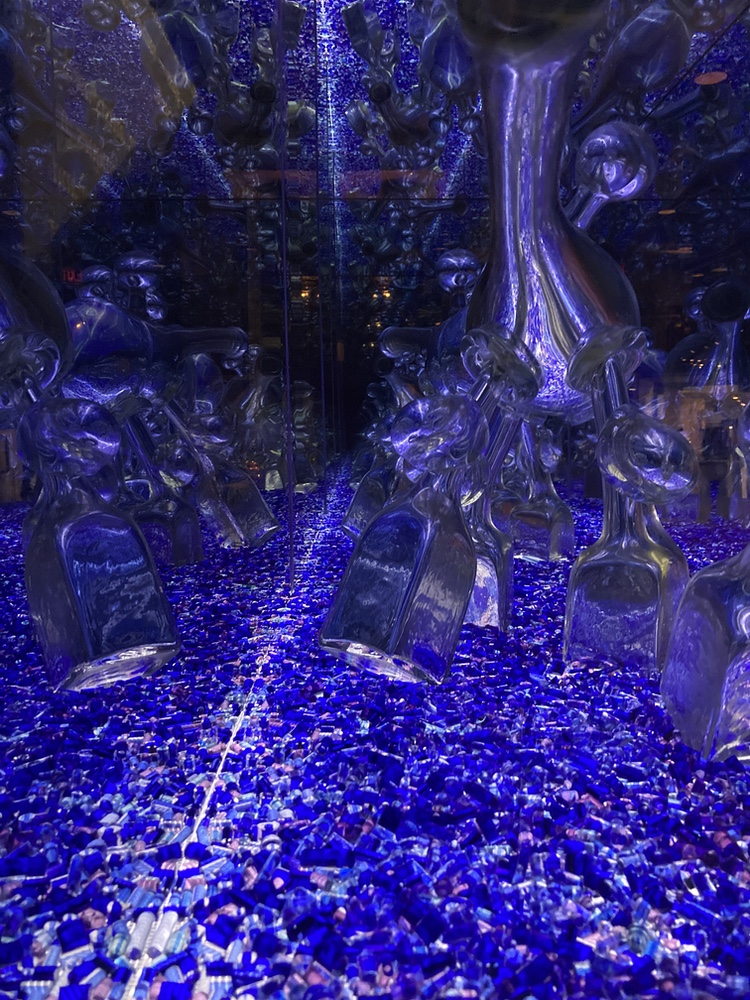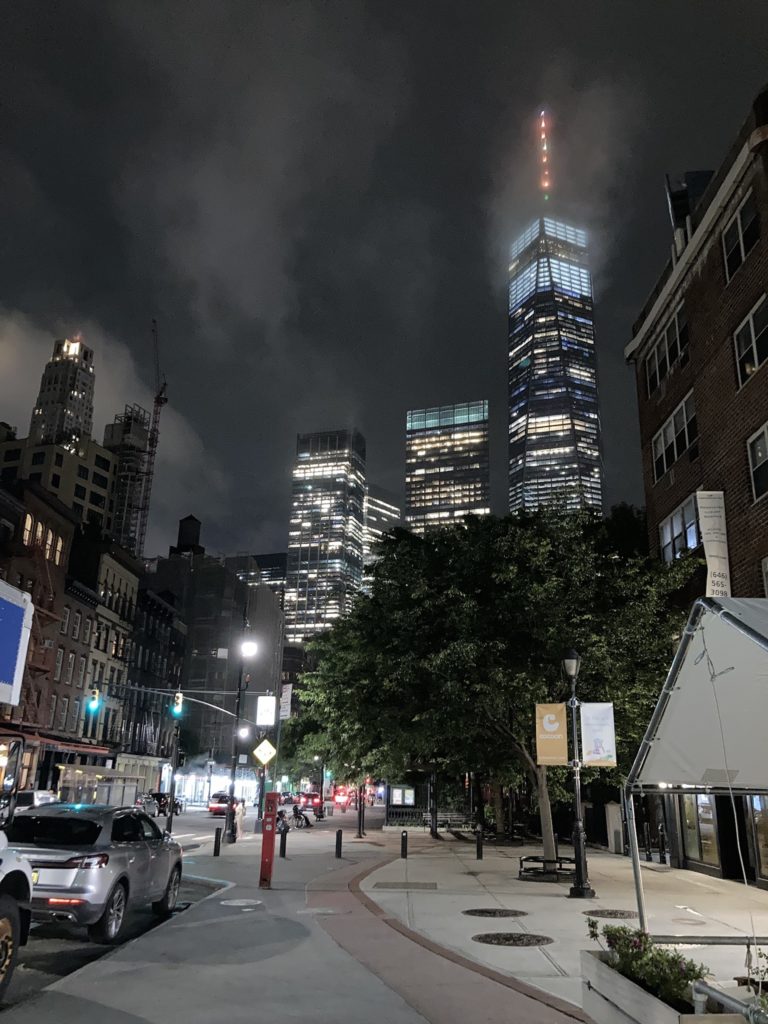I’ve recently started reading a book about the importance of having exactly one thing upon which to focus. As with priority, becoming priorities, focusing on exactly one thing soon becomes two, and then three. Suddenly, it’s 23 things. And since the first 90% of any thing is vastly easier than the second 90%, in short order I’m busy, overwhelmed, sprinting in multiple directions. As the Russians say: Chase two rabbits and you’ll catch neither.
Do you want to be the artist who loses their joy for the process, who has strip-mined their soul in such a way that there is nothing left to draw upon? Burn out or fade away—that was the question in Kurt Cobain’s suicide note. How is that even a dilemma?
~ Ryan Holiday from, The Indiscipline Of Overwork
slip:4uryte2.
To answer Holiday’s first question I say emphatically, no! Thus I’m currently well into clearing the decks of multiple focuses. I’m imagining endings for things, major pivots and minor adjustments. There’s a great quote from Epictetus about how any idiot can steer the ship when the wind, sea and weather are good, but in challenging times all it takes is but an instant of distraction to lose the whole ship.
ɕ

